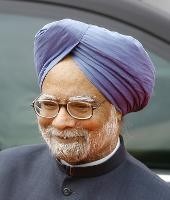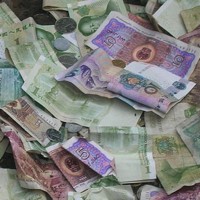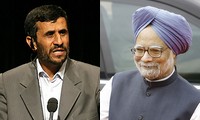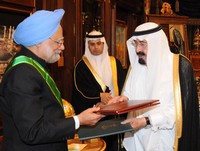
Launched in 1991 by then-Prime Minister Narasimha Rao, India’s “Look East” policy was long regarded by many as lacking in vision and substance. Yet as India and the Association of Southeast Asian Nations (ASEAN) prepare to mark two decades of formal relations later this year, there is much to celebrate. Given the recent advances New Delhi has made in its relations with its Southeast Asian neighbors, as well as with ASEAN as an institution, both parties can proudly toast the progress achieved thus far. But they should also use the anniversary as an opportunity to strengthen ties further. India has […]



